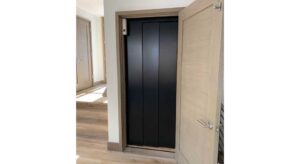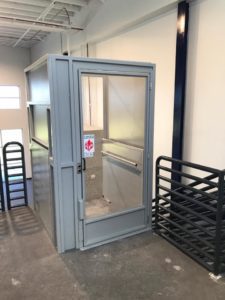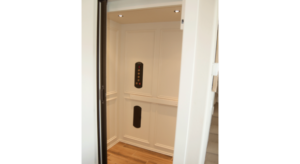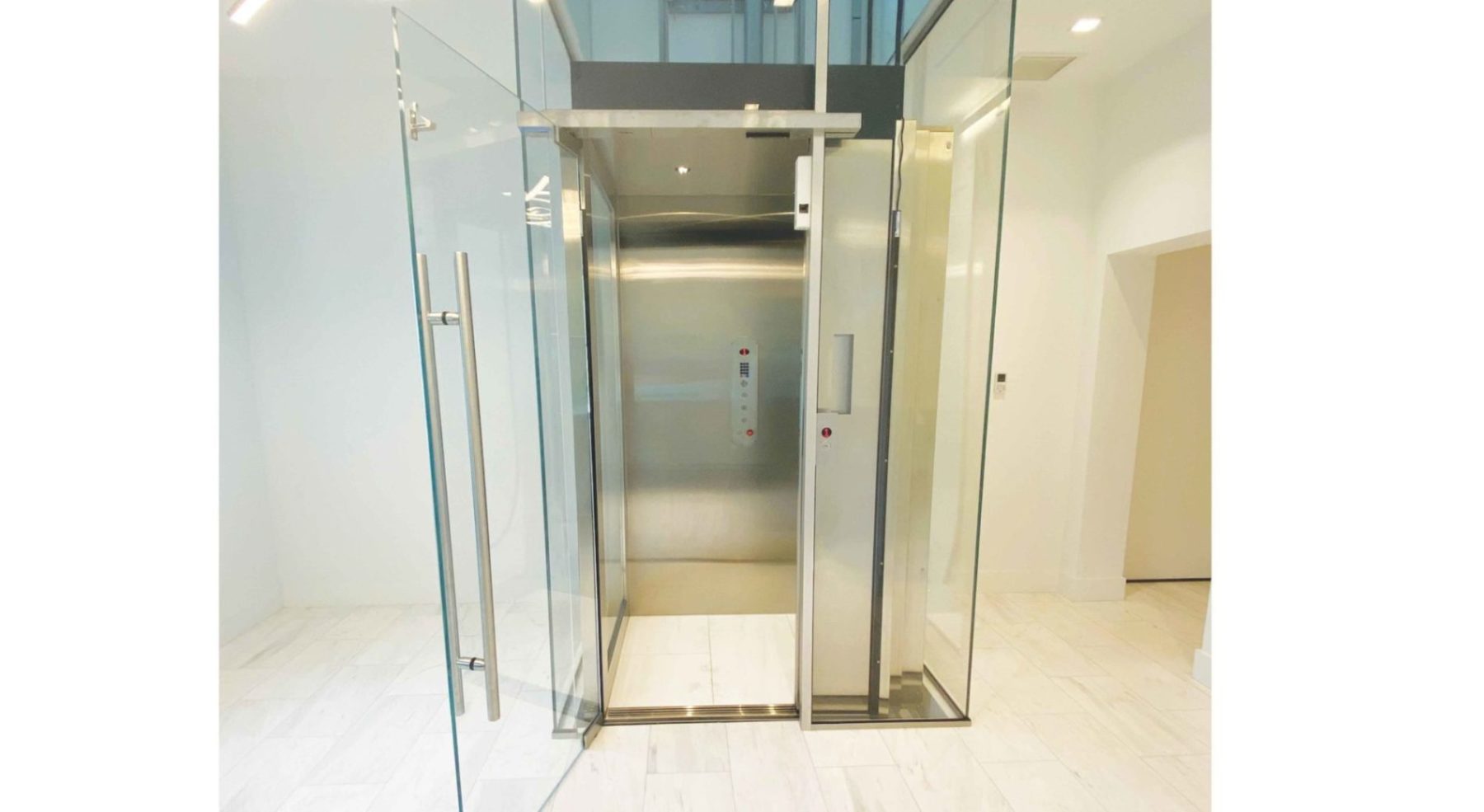There was a time when residential elevators were relatively rare. Given the cost of a home elevator in the past, they were usually reserved for either the wealthy or as mobility aids for the elderly or disabled.
Today, while home elevators still fulfill these functions, they have become more financially accessible, and now serve as convenient access in multi-level homes, and as a vital tool for people who plan to age in place. Other reasons a home elevator is worth the cost, range from increasing your home value to peace of mind.
Is a Home Elevator Worth It?
The cost of installing an elevator in a home ranges from $18,000 to over $100,000, depending on the type of elevator, site conditions, and even the cost of building in your geographic location. This is a significant investment, so it’s understandable that you want to be sure to get exactly what you want and that all elevator specifications are fully understood.
An alternative to a home elevator is a stair lift. While cheaper in the short term, stair elevators have some disadvantages that often become problematic over time. Most obviously, a stair lift only supports one person, and cannot transport a wheelchair. Home elevators, in contrast, can carry a wheelchair or several people at once. Stair lifts also cannot be used to transport large items, groceries, or heavy luggage.
Reasons to Install a Residential Elevator
Why do you want a residential elevator? Is it convenience, independence, increased home value? Here are just a few reasons people choose to live in homes with elevators:
Mobility and Independent Living
15.7 million Americans over the age of 65 have at least one disability, with two-thirds of this number experiencing difficulty walking or using stairs. For people with mobility issues, a home elevator helps maintain personal independence. If you’re planning on aging in place rather than moving to a retirement community or assisted living facility, a home elevator allows you to continue to comfortably live in your home.
Home elevators allow you to access and use all levels of your home, increasing your independence and quality of life. Falls on stairs are a common cause of injury, not just for people with mobility issues, but also among the visually impaired. A residential elevator allows you to avoid the stairs altogether.
Ease of Mind
Home elevators offer peace of mind not just to the people with mobility and vision issues, but also amongst family and friends who love and care for them. If you have a relative who has difficulty navigating stairs, knowing they have the option of using an elevator is a great comfort, especially if you don’t live nearby.
Increased Home Value
Do home elevators increase your home’s value? Yes, home elevators generally increase the value of your home. Adding an elevator makes your home more attractive to potential buyers, especially those looking for a home in which to age in place.
Financial considerations are, of course, only part of the reason most people install home elevators, but it doesn’t hurt to have an understanding of the impact of an elevator on your property values. If you want help estimating the impact of a residential elevator on your home value, consider hiring an appraiser. In addition to providing you with an accurate picture of your home’s current worth, an appraiser can perform feasibility studies to determine how much your home would be worth after specific improvements, such as the installation of an elevator.

Exploring the Symmetry Safety 3-Panel Home Elevator Door

What are the Different Types of Residential Elevators?

The Symmetry LULA Elevator Buying Guide

How ADA & Building Codes for Elevators Work

Floodplains and Home Elevators: 5 Guidelines You Need to Know

15 Questions to Ask Your Elevator Expert Before Installation
Convenience
A home elevator makes it easier to move between floors. In addition to moving people, the elevator can be used to transport groceries, vacuum cleaners, heavy storage boxes, holiday decorations, and other objects. Given the choice, which would you prefer: struggling upstairs with a box full of heavy ornaments, or using a lift?
Safety
We’ve already touched on safety, but it bears repeating: home elevators offer a safe, secure means of transportation between home levels. The elevators themselves come with a wide range of safety features, including emergency battery-powered car lowering in the event of a power outage. The cars of residential elevators are well lit, and many models offer full-time car monitoring.
Space Savers
A home elevator takes up less space in your home than a standard stairwell. While it’s true that elevator shafts need a certain amount of floor space, the shaft and the mechanical room can often be installed on the outside of an exterior wall. If this is not possible, and if space is a major consideration, you can either install the lift in unavailable “dead” space or use a compact shaftless elevator system.
Style and Appearance
Home elevators come in a range of styles, so you can choose the model that best compliments your home.
The appearance of your elevator can be customized by choosing paint colors, wood paneling, handrail design, and lighting options. Car doors, gates, and controls are also fully customizable. Whether you want your elevator to blend into its surroundings or stand out for visual interest is entirely up to you.
Cost Efficient
The cost of installing an elevator at home may seem high, but can save you money if you choose to age in place. Depending on the location and amenities, assisted living and retirement communities can cost residents anywhere from $1,500 to $10,000 a month. If you prefer the idea of staying in your long-term home, as opposed to relocating to such facilities, a home elevator pays for itself within a few years.
Get the Most out of Your Home with a Residential Elevator
Home elevators provide security, peace of mind, and the ability to age in place, making them a worthwhile investment for anyone who wants to enjoy their home to the fullest. If you have mobility issues, a residential elevator may be a necessity. If not, adding a lift now offers increased home value and convenience, while providing peace of mind in the future should you or a loved one may not be as mobile as you are today.
Deciding if an elevator is right for you is a big decision. For the information needed to make the best choice, contact your local residential elevator dealer. They’ll be able to provide estimates on installation and home elevator costs while advising you on the type of elevator that is the best fit for you and your home.


